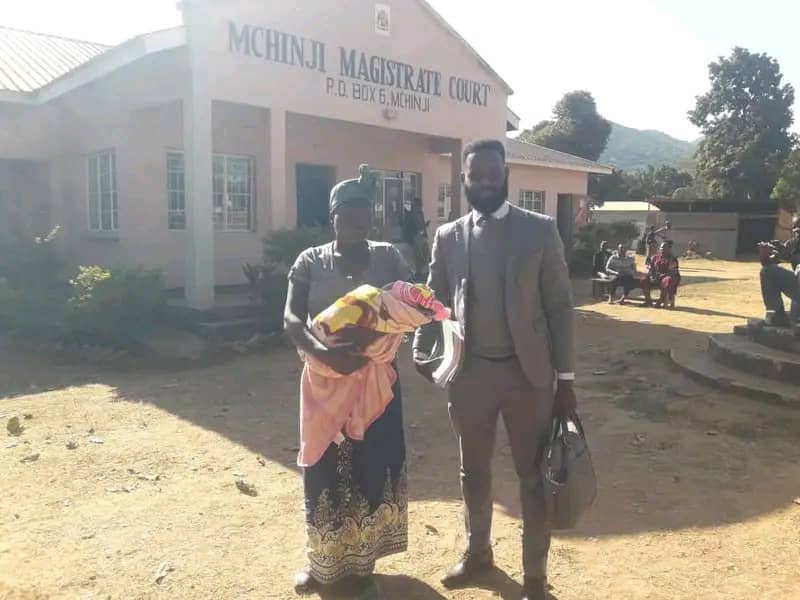By Burnett Munthali
In an exclusive interview with Zodiak Broadcasting Station, lawyer and human rights advocate Alexius Kamangila has revealed alarming insights into the corruption plaguing Malawi’s judiciary. During the nearly two-hour discussion, Kamangila estimated that at least 10 percent of judiciary staff, including judges and court personnel, engage in corrupt practices that tarnish the reputation of the majority who serve with integrity.
Kamangila emphasized that the corruption problem is not just an isolated issue but rather a systemic problem deeply embedded within the judicial framework. He pointed to the failure of key institutions, including the Judicial Service Commission and the Malawi Law Society, to effectively address and mitigate the rampant corruption within the judiciary.
“The Judiciary is supposed to be the pillar of justice in our society, but when the very individuals entrusted with upholding the law engage in corrupt activities, it undermines public trust and the integrity of the entire system,” Kamangila stated. “It is disheartening to see a minority of corrupt officials taint the image of those who are genuinely committed to justice.”
Kamangila also highlighted the challenges faced by the Anti-Corruption Bureau (ACB) in its efforts to combat corruption within the judiciary. He criticized the ACB for its limited ability to prosecute corrupt officials effectively, as it often has to navigate the same courts that are implicated in the corruption scandals.
“The ACB’s effectiveness is severely hampered by the very system it operates within. When the bureau has to prosecute cases in courts where corruption is rampant, it creates a conflict that can hinder justice,” Kamangila explained. “We need a more robust and independent mechanism to ensure that those involved in corrupt activities within the judiciary are held accountable.”
The interview is set to be broadcast in a series on Friday, October 11, 2024, and is expected to draw significant attention as it addresses the pressing issue of corruption in the judicial system. Kamangila’s revelations are likely to resonate with many Malawians who have experienced the repercussions of corruption in their interactions with the legal system.
As the public awaits the full airing of the interview, Kamangila’s statements underscore the urgent need for reform within the judiciary. He advocates for a collaborative effort among legal professionals, civil society organizations, and government institutions to root out corruption and restore public confidence in the judicial system.
“Malawi needs a judiciary that the people can trust. We must work together to ensure that justice is served and that those who violate the law are held accountable, regardless of their position,” he concluded.
As this story develops, the public is encouraged to tune in to Zodiak Broadcasting Station for the full interview, which promises to shed light on the critical issues facing Malawi’s judiciary and the steps needed to combat corruption effectively.




